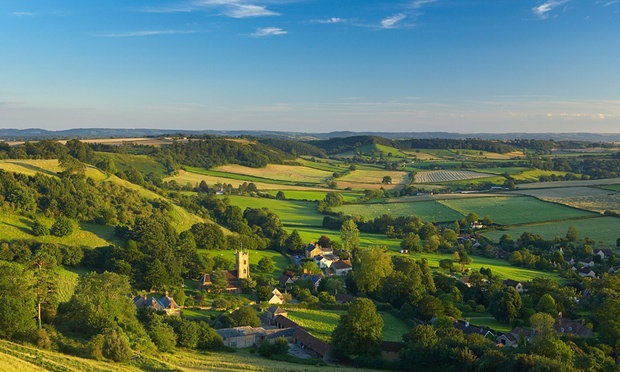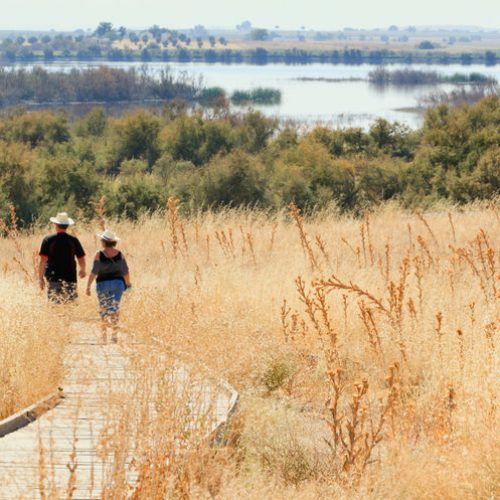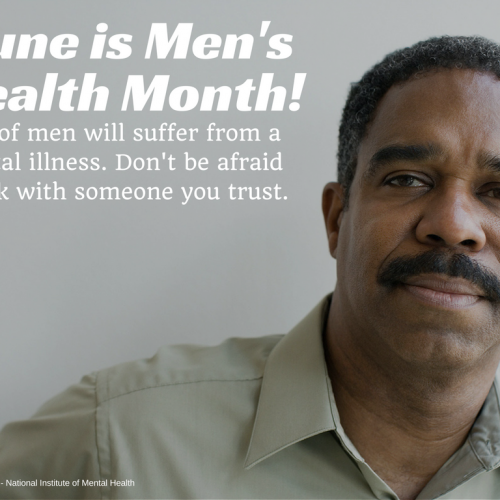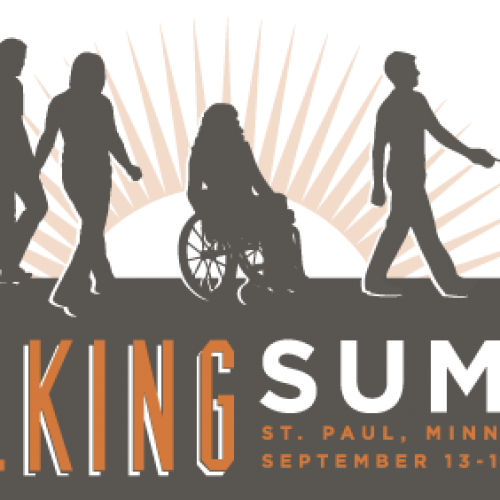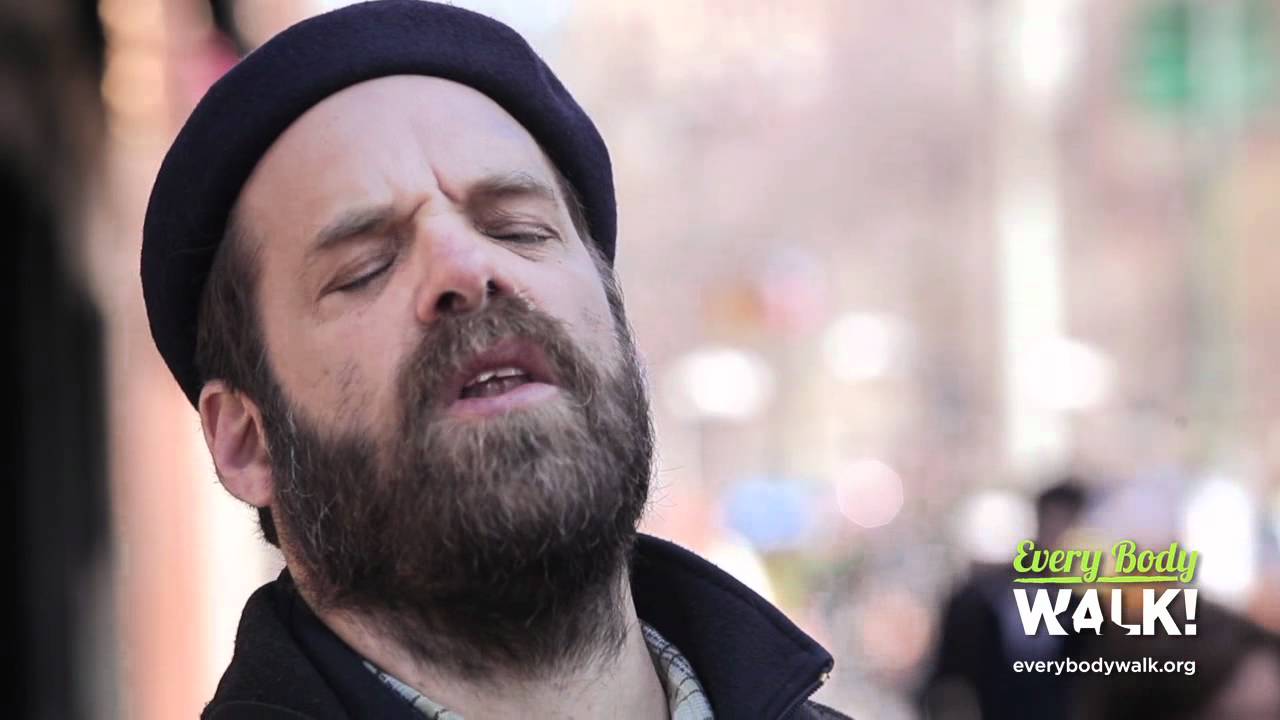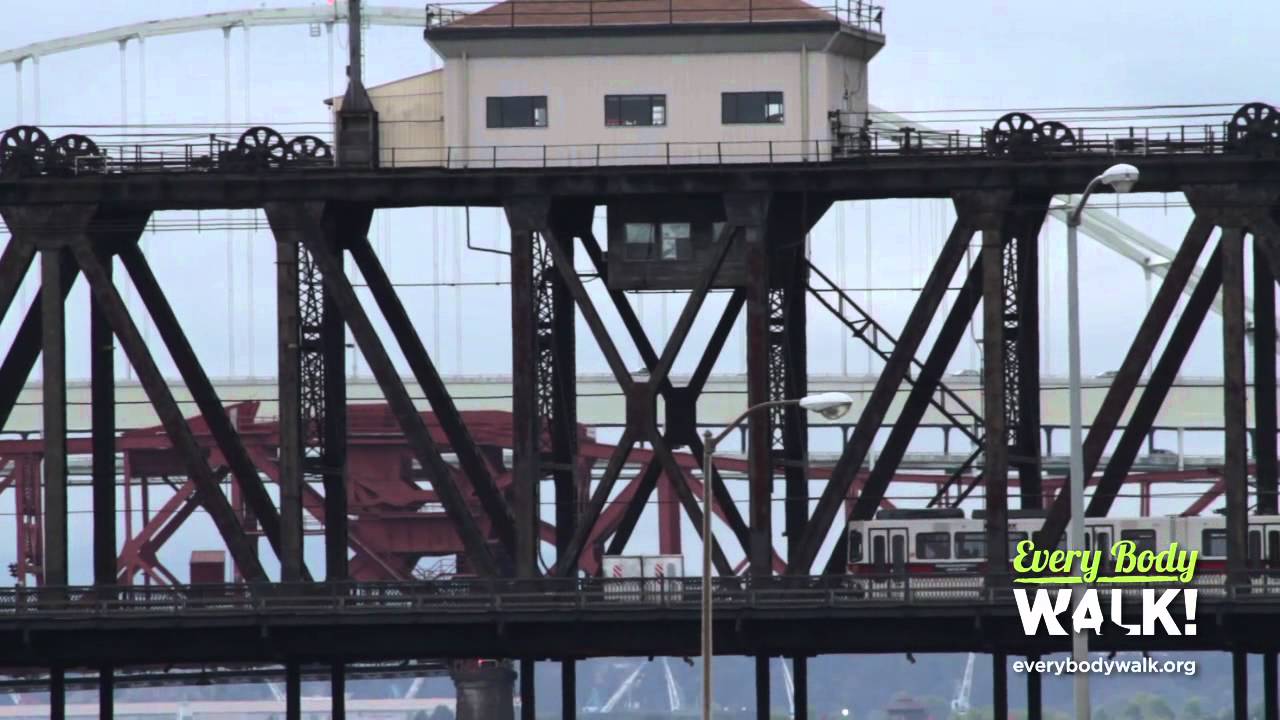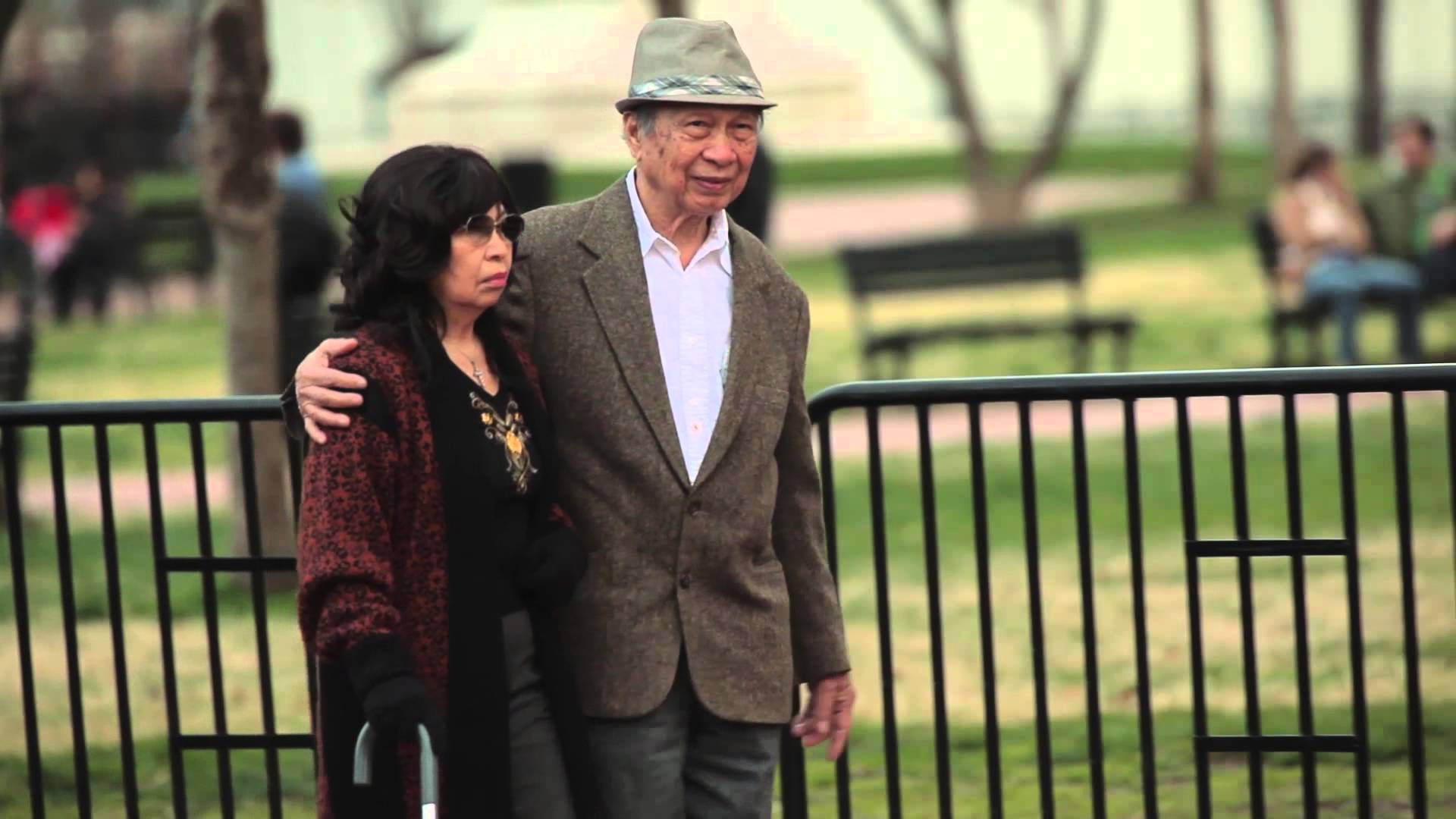Most of us know that experiencing nature and spending time outdoors is good for us. What is less known is how it can benefit people living with dementia, particularly those whose quality of life has declined as a result of their diagnosis.
In Cornwall Creative Spaces, a project begun in March 2014 by charity the Sensory Trust, promotes the use of outdoor spaces to improve quality of life. The project developed from an earlier scheme that highlighted the benefits of using nature in residential care homes to support people with dementia.
Through conversations with people who have dementia and are living at home, it became clear to us that many people were becoming disconnected from life outside their front doors. Social stigma, depression and anxiety were affecting their lives, leading to a withdrawal from community life and less access to the outside world.
At Creative Spaces, we use the natural world as a tool to help people with dementia regain a sense of value, increase their social connections and share skills and knowledge to enhance their own lives and those of others. The project offers the opportunity for people to develop their own outdoor activity group. Simple, creative nature-based activities are used to encourage and support people initially, helping them to settle in and feel comfortable in a group of their peers. Once a group is established, the Sensory Trust continues to support it beyond the life of the project.
One beneficiary had looked after her husband with dementia, only to be given the same diagnosis after his death. She lived alone, physically and socially isolated from her community. Determined not to sit at home seeing into her own future she joined a Creative Spaces walking group, and found friendship, support and encouragement from her peers and staff. Her knowledge and skills as a baker meant that pasties and pies found their way into the walking group’s refreshments, and through the group’s support she regained self-worth and learned new skills. This renewed confidence led her to volunteer at a local community cafe, where her skills helped others. With new friends and interests she no longer feels alone.
Another beneficiary was made redundant from his lifetime job as a farm worker and diagnosed with vascular dementia the same year. His motorbike licence was revoked, his circle of friends shrank, and he withdrew into himself, no longer able to cope with noisy social environments. However, on joining the walking group he, too, found friendship and support. His knowledge of the countryside enhanced the group’s experiences and meant we could add new walks to the programme. Despite his decline in mobility (he went from using a walking stick to a mobility scooter in a few months) his confidence and happiness have grown. Since joining, he has spoken at a conference, learnt how to make an animated film and plans to start his own peer-support group.
The project continues to develop new activity groups, such as a fishing group in Bude and a woodland skills group in Falmouth. Dementia care professionals not only refer individuals to our activities but are also requesting clubs to be set up in their areas.
As these stories show, nature can play a vital role in helping people with dementia to rediscover themselves and to connect with others, regain their sense of self-worth and confidence, and feel in control again. Immersing ourselves in nature highlights just how deeply we are connected to the world around us and how important it is to maintain that connection.
Wendy Brewin, Creative Spaces project manager, is speaking at the International Dementia Conference, held in Birmingham on 3 and 4 November 2015.
Source: The Guardian
October 29, 2015
By Wendy Brewin
http://www.theguardian.com/social-care-network/2015/oct/29/dementia-alzheimers-isolation-nature-cornwall

